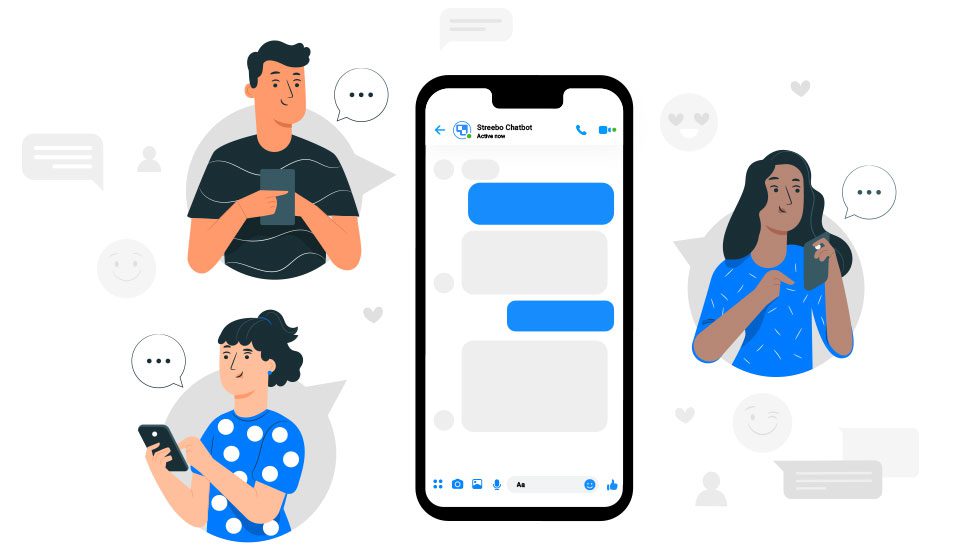In keeping with recent trends, Meta is experimenting with AI-powered chat on WhatsApp and Messenger.
Mark Zuckerberg has revealed that the business is creating a new top-level product group to integrate generative AI into its services, which are utilized by billions of people. The recent generative AI wave has swept through the digital space like a tornado and nobody is trying to sit on the fence on this one including Meta. Meta has been noted as the latest firm testing AI-powered tool for its products.

According to Mark, the team’s focus is set on building creative tools at first, but its long-term goal is to create “AI personas that can help people in a variety of ways.” However, Zuckerberg cautioned that the company is already tasked with doing a lot of foundational work before it can share its futuristic experiences with users.
To begin, the company is testing text-based AI capabilities on WhatsApp and Messenger, likely ChatGPT-styled discussion bots. While these may be interesting use cases for users, Meta may eventually capitalize on these features by giving them to businesses in areas like as sales and customer service.
Meta is also experimenting with AI-aided filters and ad formats on Instagram along with video and multi-modal experiences.
According to Axios, former Apple executive Ahmad Al-Dahle will lead the project, and the team will report to Chief Product Officer Chris Cox.
Also, see:
How to use WhatsApp’s Audio Status feature
Meta will sell blue badges on Facebook and Instagram as Zuckerberg adopts Musk’s strategy.
The fun fact is that generative AI’s have been around for quite a while, however, in those moments it was gathering momentum, it wasn’t until OpenAI’s ChatGPT bot that the technology gained public traction. Big firms such as Microsoft have already included some of the AI goodness into their Bing search engine and Edge browser. In response, Google announced earlier this month that it is testing a competing device called Bard. Other search engines, such as You.com and Neeva, have also announced the incorporation of AI-powered chat products. Snapchat, Facebook’s rival, also released a custom-trained chatbot for its paying subscribers this month.
With this mass adoption of AI it is surprising that Mark Zuckerberg has decided to adopt this mainstream technology. Although this adoption has not paid off yet, the foreseeable future of Meta in partnership with Ai is looking bright and the reward is likely to be massive. It launched the Meta Verified subscription program last week, but as with other social networks, paid programs have yet to generate significant money.


















